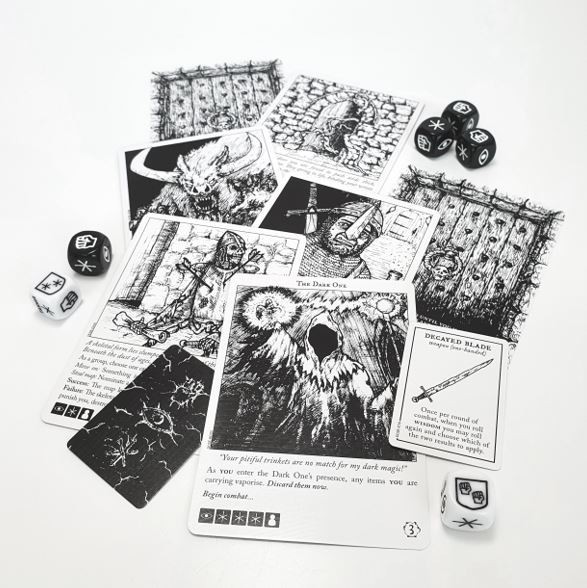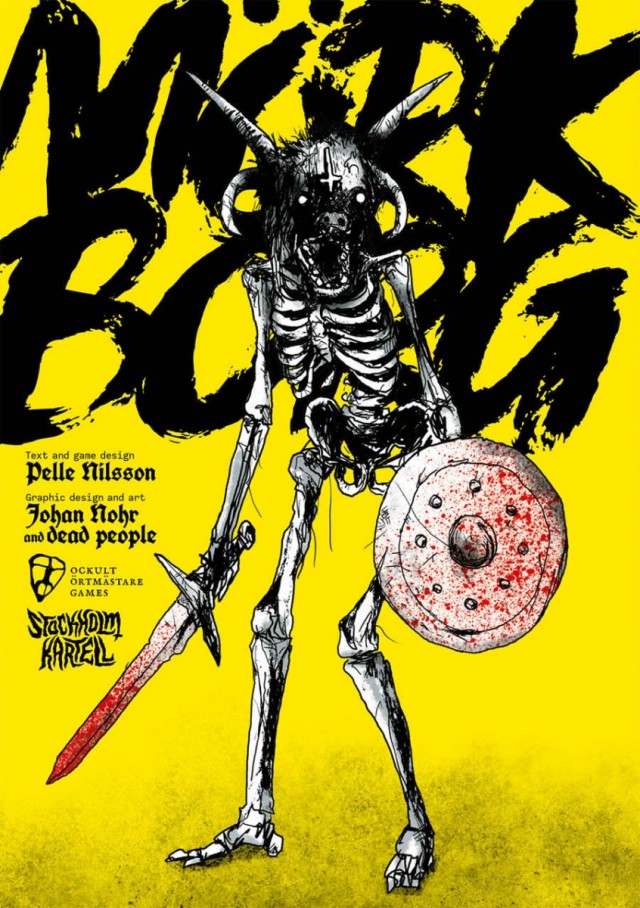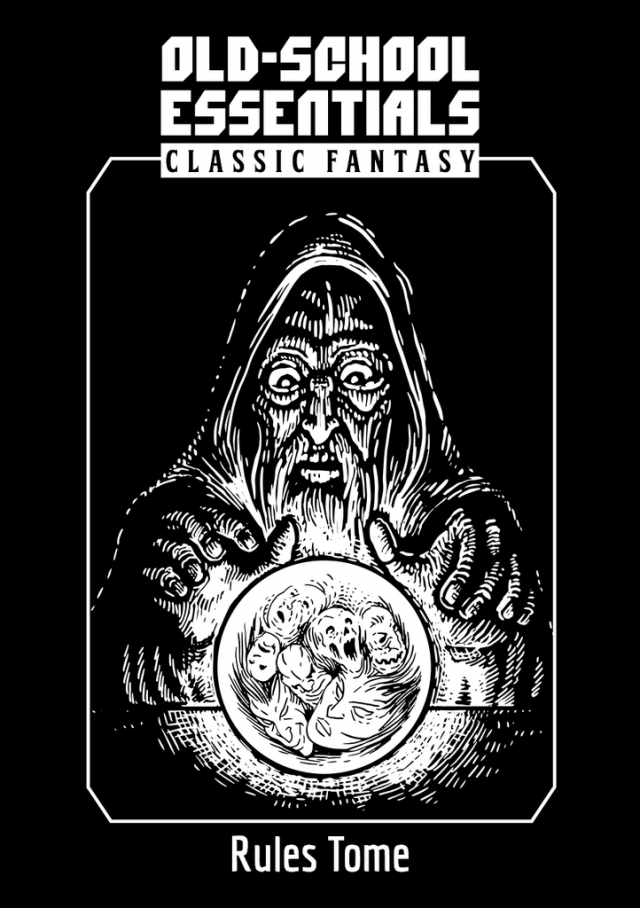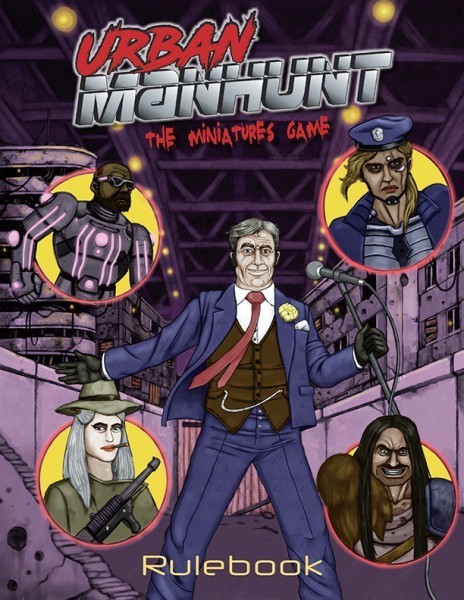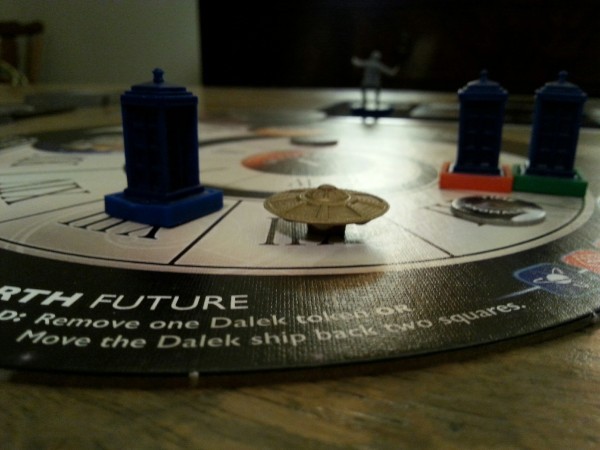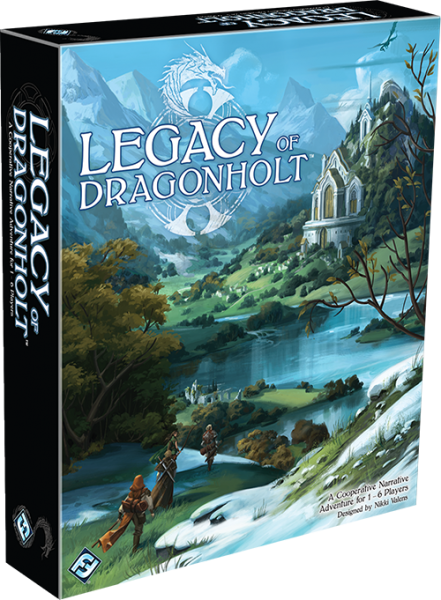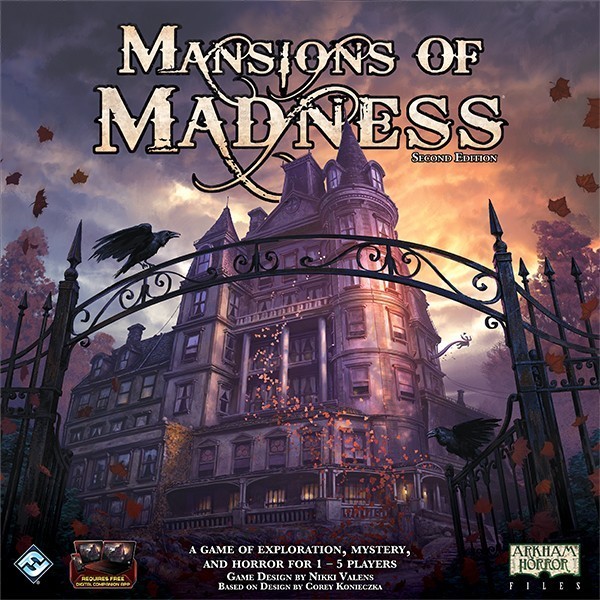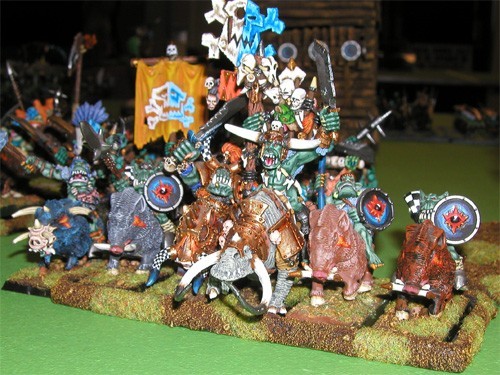In this Q & A, I talk to celebrated game designer Jason Morningstar about his design philosophy, his company's embrace of the Drip platform, and the intersection of play, history, and politics.
Andrew McAlpine: Jason, thank you for taking the time to talk to us.
Jason Morningstar: My pleasure!
AM: I’ve been a fan of your designs for a while but was inspired to reach out after spending some time with the recently released A Green and Narrow Bed, a one-shot game that centers on a gathering of Civil War widows who must determine how to confront their husbands’ killers. It’s a striking conceit that puts players into some harrowing, uncomfortable, and thrilling situations. Can you talk about how you came to this subject? How do you decide if a particular historical situation is “game worthy?”
JM: Every historical situation is game worthy. People are innately interesting and history is full of messed up situations we are collectively forced to confront in the moment and in retrospect. The American Civil War might be slightly more full of messed up situations, and I've read a lot about it, so those sometimes come to the fore. The genesis of A Green and Narrow Bed comes from a few directions - Drew Gilpin Faust's book This Republic of Suffering, George Root's song The Vacant Chair (which supplied the title of the game), and a deep dive into the border skirmishes that preceded the war in Kansas and Missouri through first hand accounts, like letters in the American Memory collection at the Library of Congress. All this stuff got boiled into some questions orbiting the concepts of grief and retribution. Then I started asking questions about who and what and how. Who is grieving? What does retribution look like, and is it a foregone conclusion? How does this play out?
AM: A Green and Narrow Bed in some way feels like a companion piece to Carolina Death Crawl, your game about stranded Union soldiers fighting, dying, and debasing themselves across the American South. In that game players are encouraged to ask themselves what they are willing to stoop to in order to survive, while in A Green and Narrow Bed players are asked to reckon with the lasting effects of this kind of violence. How do you approach the use of violence in your games?
JM: My thoughts on violence in tabletop and live action games have evolved over the years. My current thinking is that violence needs to be grounded in meaning or I'm not interested. That's a baseline - no stupid sociopathic violence. Of course once a game is out of my hands I don't have any control over how it is approached and played, but I'm deeply, resolutely uninterested in pain as a punchline or as a way to make something trivial feel serious. I don't always succeed. In A Green and Narrow Bed that inflection point of violence is singular and momentous. The depravity and horror of Carolina Death Crawl also feels like it serves a purpose and is not something to revel in.
AM: A Green and Narrow Bed was released as part of your Drip program, where fans are able to subscribe for a relatively small amount to get access to regular releases of Bully Pulpit’s smaller, more experimental games. Do you approach these Drip projects differently than your larger, traditionally distributed games?
JM: Drip (https://d.rip/bullypulpitgames) has been fantastic for us. I have a large backlog of "almost done" games, most of them small and fun but needed a little push to reach an acceptable state to share. Drip frees up enough of my time to get these weird little experiments over the finish line. It also gives me a direct channel for new things that don't really fit a traditional retail mold, which is great.
AM: Has Drip’s subscription model had an effect on the way you engage with your fans and supporters?
JM: Drip gives me an opportunity to ask questions and solicit early feedback from people who are inclined to be responsive and are definitely well informed and smart, so that's a direct benefit. If you measure engagement by finished products, it is having a very large effect.
AM: I’m looking forward to the upcoming release of Fiasco in a Box, an updated take on your classic role-playing game. It’s hard to believe it’s been ten years since Fiasco was originally released; what do you hope this new version of the game will accomplish?
JM: The new version is really exciting to me! It distills a decade of lessons learned to speed up and streamline play and has been well received in playtests so far. I think it is far more accessible than the previous incarnation, and presents the game in a way that makes sense to someone excited about trying roleplaying but unfamiliar with the peculiarities of the form, which are many and unstated. I hope it will get picked up by curious, weird people who "get" board and card games, or social party games, and want to try something adjacent but slightly different and rewarding in a different way.
AM: One of my favorite things about Fiasco (and many of your other games) is its relationship with failure. Many role-playing games put players in a position where they are trying to acquire power in order to succeed at various challenges; success means advancement, while failure brings the game to a halt. Your designs, though, seem to gleefully embrace failure as a means of moving the game forward. What are your thoughts on failure and weakness as they relate to game design?
JM: Thanks for this thoughtful question. I think you are correct. My relationship with power and authority in games is tempered by my experience in theatrical improvisation and a heavy dose of live action roleplaying. In both of these formats, the real "game of the scene" is often sniffing out power and status and then playing against it. In larp it is called playing to fail or, more positively, playing to lift. In improv it is just agreement and endowment with an eye toward status - I stole the term "tilt" from Keith Johnstone, as a matter of fact.
AM: This connection between theatrical improv and gaming makes sense to me. In my own experience, I’ve had a lot of success playing your games with folks from a theater or performing arts background who have never done any kind of tabletop gaming before. Conversely, I’ve found that folks with a more traditional gaming background can struggle in a free-form storytelling environment and have to “unlearn” certain gamey behaviors. Are there lessons or practices that the gaming community can learn from the improv community (or vice versa)?
JM: So many. Beyond very basic stuff like agreement and endowment, I think there's tremendous value - which I try to leverage in various ways - in respecting and deferring to the collective brilliance of the play group. You see this in improv, where you can rely on your fellow players to help edit a scene or to provide a hook or offer you something when you have nothing. There's no shame in saying, effectively, "team, I have nothing here, what's the most interesting thing that could happen?" and just working it out with a table full of beautiful brains instead of relying on your own innate but extremely limited genius. Improv performers can and do benefit from tabletop play, which is, essentially, a very complicated "game" in the improv sense - there's a framework we play within, and in really good games that framework provides for emergent narrative in fun and surprising ways that honor and enhance everyone's contributions.
AM: Bully Pulpit has maintained a steady release of new games since The Shab-al-Hiri Roach was published all the way back in 2006. What changes have you seen in yourself as a designer over this period of time? What kinds of games are you most interested in making these days?
JM: I've been making a lot of live action games, which are informed by my tabletop roots but really splash around in the strengths of the medium - the prosocial feeling of connection and deep embodiment you get from fully inhabiting a character, moving around, jumping and crawling. In fact I feel I may be spending too much time in the larp world! It's a pretty sweet place to hang out if you enjoy quick hits of emotion and complex social situations that can spring up easily and with little preparation. I've changed a lot and look at my early games as part of their time, really - The Shab Al-Hiri Roach is charming but takes six hours to play as written, which seems really outlandish today.
AM: In an interview you did with Meghan Dornbrock on the Modifier podcast, you said something that stuck with me: “We really should be making and playing games that embody our ideals.” Looking back at your catalog of games, do you see any themes or ideas that persist throughout your body of work?
JM: I think I want people to examine and appreciate the past for all the obvious reasons, and to look at the absolutely amazing history we all share as a well to draw from. I don't really understand the impulse for fantasy and reflexive abstraction that seem so common. Some of my games are a direct commentary on that impulse. I feel like I'm also drawn toward interrogating injustice and human weakness. Lately I've been really trying to make games that are engaging and fun but also didactic (like WINTERHORN) or celebrate emotional palettes beyond misery and brutality (like this month's Drip release, Deep Love).
AM: I’m fascinated by the way your games engage with the present political moment, either in silly ways (such as in your competitive representative-calling game, Phones of Glory) or serious ways (such as the aforementioned WINTERHORN, a game about the tactics governments use to oppress activist groups). What relationship do you see between gaming and civic engagement?
JM: Well, I'd like to see more. Right now I'm doing a deep dive into Augusto Boal, who is obviously way ahead of us on combining theater, politics and play. In my experience play is a great way to teach and to learn. Engagement is high, retention is high. People love games and understand games. One of my consulting projects was to deliver some content to nursing students that was simultaneously boring and stressful, and as soon as I told them we'd be learning it in a game they were very excited, and they played hard (and retained the material). I feel like we're just scratching the surface on methods of playful civic engagement that utilize what we've learned designing tabletop and live action games. I have a few "white whale" projects - games I want to make but don't know how to yet - and one of them is a tabletop game that teaches the principals of non-violent direct action in a way that is very fun and not at all didactic.
AM: Thanks again for taking the time to thoughtfully engage with these questions. One last thing: what can we look forward to from Bully Pulpit in 2019?
JM: Fiasco in a Box! That is a huge project for us and taking up all our time! But we have some cool surprises coming as well.
 Games
Games How to resolve AdBlock issue?
How to resolve AdBlock issue? 